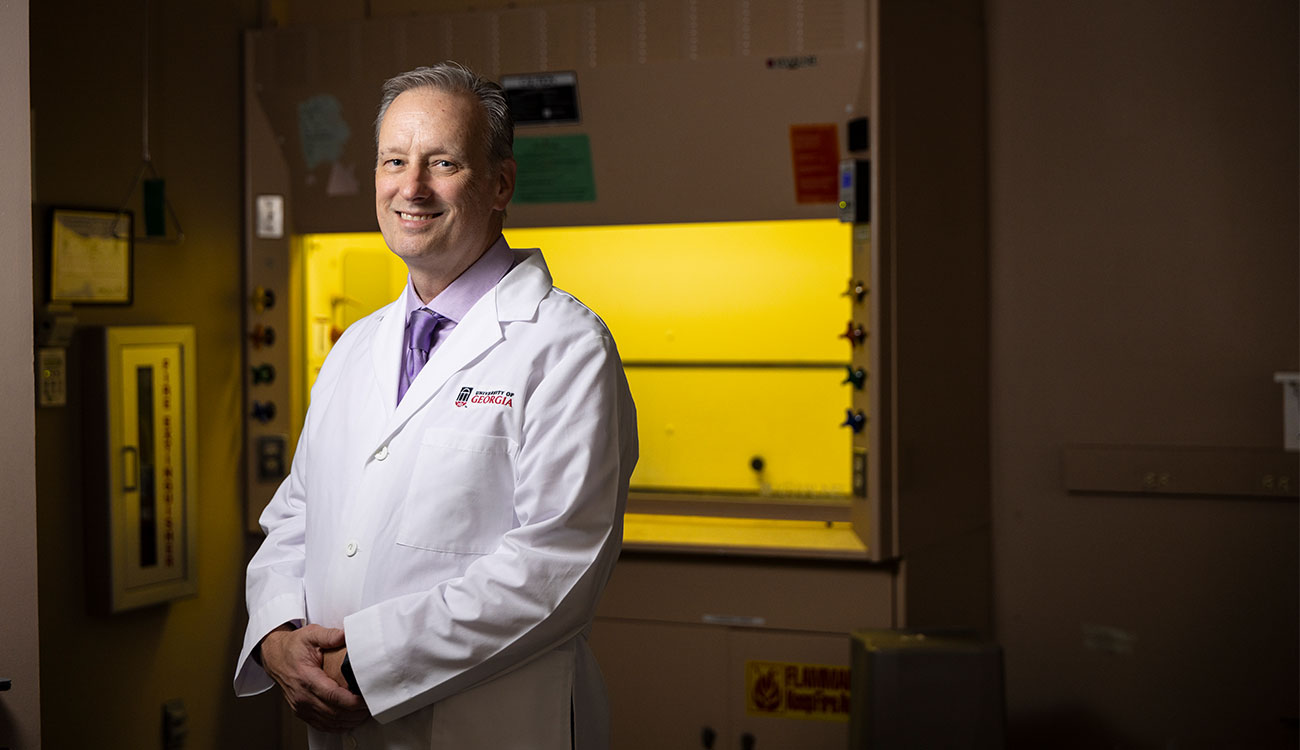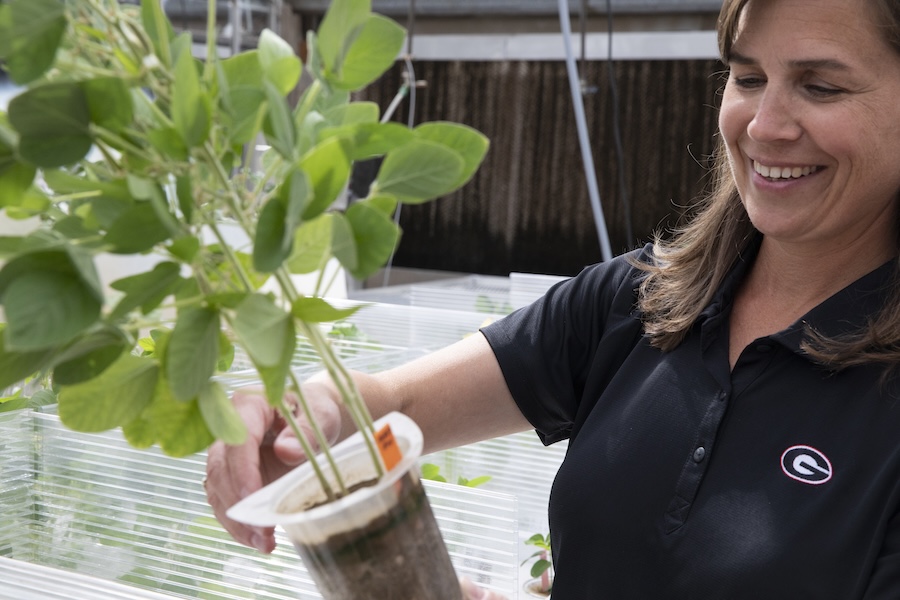By Allie Byrd
University of Georgia
The safety of plastic water bottles continues to rise as an issue of concern to consumers. A University of Georgia expert says the key lies in using the right plastics the right way and keeping your water bottles sanitized.
“The FDA regulates materials and substances used for plastic packaging for water bottles as indirect food additives,” said Elizabeth Andress, a UGA Cooperative Extension food safety specialist. They “assess the migration potential of plastics and the substances with which they are made.”
One of the common concerns surrounding plastic water bottles is whether or not the chemicals can migrate from the plastic into the water. Although convenience-size pre-filled plastic water bottles are made for single use, they are tested for both single and repeated use, Andress said. These pre-filled bottles are made from PET plastic, a kind of polyethylene, she said.
Lately, Andress has heard concerns that focus on polycarbonate plastic, a hard plastic that is designed for repeated daily use. These concerns also focus on whether or not chemicals can migrate from the plastic into water or other liquids stored in the bottles.
“There’s still not scientific evidence to disallow the use of this plastic,” she said. “Even the amount of leaching that can occur is not agreed upon. And, it would seem, if it occurs, to be well below acceptable levels.”
In freezer, use plastics designed for freezing
Other plastic bottle concerns focus on whether the bottles should be used in the freezer. Again, Andress said, studies in this area are not yet conclusive.
“We would not automatically expect freezing to cause a problem unless the plastic itself goes through some breakdown,” she said. “But repeated freezing and thawing of plastic not intended to be used that way could lead to structural breakdown.”
Until research studies determine an actual health risk related to plastic water bottles, there are ways to reduce your family’s health risks, she said.
Although pre-filled water bottles in the grocery stores and vending machines are not deemed chemically unsafe if used repeatedly, they are not intended to last structurally through prolonged re-use.
Use pre-filled bottles once
Andress discourages repeated use of these bottles. Above all, she recommends using plastic bottles only as the manufacturer intended.
If you do choose to buy and use a polycarbonate plastic bottle for water and other liquids, Andress says to take steps to reduce any microbiological risks. Wash the bottle with warm soapy water every day. Use a clean bottle brush to clean in and around the bottle neck. Scrub the lids with a bottle brush, too. Rinse well and allow the bottle and lid to air dry.




.jpg)

